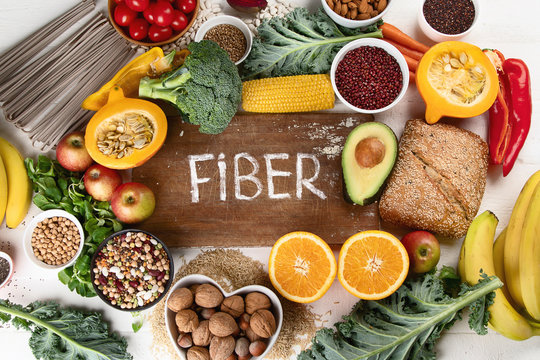The strategies for weight loss involve a combination of healthy eating, regular physical exercise and other healthy lifestyle changes.
Here are some strategies for effective and sustainable weight loss:
1. Healthy Eating

Healthy eating focuses on a balanced diet which includes fruits, vegetables, whole grains, healthy fats and lean proteins.
Limit intake of processed foods, sugar and high-calorie intakes. Control portion size to avoid overeating.
2. Stay Hydrated

Hydration is the main key to staying healthy. Water is essential for various body functions and we drink plenty of water throughout the day to stay hydrated and help control hunger.
Dehydration can lead to various health issues, including urinary tract infections, kidney stones and heat-related issues.
3. Get Good Sleep

Good sleep is essential for optimal cognitive performance, including memory and problem-solving skills. Sleep plays a vital role in emotional and mental health.
Lack of sleep has been linked to weight gain, mood swings and negative emotional state.
4. Manage Stress

Managing stress is very crucial when it comes to weight loss, stress can contribute to various unhealthy eating like overeating, eating more junk food and overall negative impact on your eating habits and health.
Limit foods like caffeine and sugar as they contribute to increased stress levels and can cause dehydration. Try healthier alternatives like herbal tea or water.
5. Regular Exercise

Add cardiovascular exercise like running, walking, cycling etc. to burn fats from the body and for good blood circulation. Physical exercise helps to reduce calories, improves metabolism, and contributes to overall health and well-being.
Try HIIT (High-intensity interval training), which includes short bursts of intense exercise and body-weight workouts.
6. Mindful Eating

Eat without distractions and listen to your body. Turn off the TV and put away the phone, focus on the environment for your meals and pay attention to your body’s hunger. Stop eating when you are satisfied and avoid heavy meals.
Do not eat without proper chewing as it leads to overeating and poor digestion. Eat every bite with slow chewing and it will help you to digest food and provide healthy nutrition.
7. Limit Processed Foods

Reduce the intake of processed foods, sugary beverages and snacks high in added sugars. It contains unhealthy fats and high levels of sodium. Try whole grains and healthy snacks instead.
Prepare food at home with healthy ingredients. Food available in cafeterias or restaurants used low-quality food and they may reheat the food which kills all the necessary nutritions available in it so it is better to prepare unhealthy snacks or meals in a healthy way and enjoy it at home.
8. Keeping a Food Journal

Keep a Food Journal for your health goals. Write essential nutrients with calories, fats, protein, carbohydrates etc. mentioned in your journal meal-wise and calculate your intake with your body needs, the calories should be a little less than your calories burn only then it will help you for your weight loss goals.
Take care of your food intake to become conscious of your eating habits. This can help you to improve your lifestyle with less quantity and high-quality food intake.
9. Eat More Fibre

Foods which are rich in fibre are important in many ways like it reduce calorie density, improving gut health, stabilised blood sugar levels and prevent over eating.
It is important to intake more water as fibre adsorbs water, your gut health will love you after you increase fibre intake as digestion plays an important role in weight loss and healthy lifestyle benefits.
10. Be Patient and Persistent

Patience is the key to your weight loss goals, if you follow a good diet plan and healthy schedule only for a few days it is not going to help you. Try the 21-day formula, any bad habit to avoid or any good habit to implement only takes 21 days, after that, your body accepts the changes and it will help you to achieve the goals.
Note: Before any major changes consult with a professional dietitian whether the food is suitable for your body or not.

